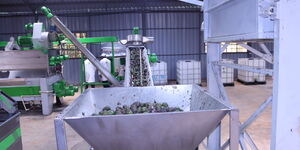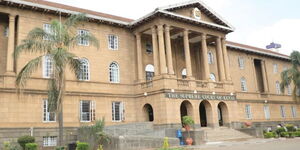Petroleum Association of Kenya, on Saturday, May 13, implored President William Ruto to employ the strategies President Samia Suluhu Hassan used to reduce fuel prices in Tanzania.
They argued that imposing more tax on fuel products would compel fuel to hit Ksh200 from Ksh176.98 for Super Petrol, according to the price review announced by Energy and Petroleum Authority (EPRA).
"Tanzania removed VAT on Petroleum Products," the Petroleum Association of Kenya claimed.
A spot check, however, indicates that the neighbouring country did not remove VAT but only resorted to subsidies.
The move to introduce subsidies was initiated in the Tanzanian Parliament, where the government had set aside Ksh5.8 billion to support the programme.
In 2022, President Suluhu directed her Cabinet to find an alternative to lowering fuel prices in Tanzania. The Cabinet proposed lowering the levies imposed on the product.
The proposals worked, helping Tanzanians to enjoy fuel at affordable prices.
In Kenya, President William Ruto scrapped the subsidy programme arguing that it was not sustainable.
Ruto struck a deal with Saudi Arabia in a government-to-government arrangement to protect Kenyans from high fuel prices.
However, the Petroleum Association of Kenya indicated that Kenyans would fail to benefit from the arrangement following plans to impose a 16 per cent tax on petroleum products.
They pleaded with the members of parliament to reject the Finance Bill 2023, which is seeking to impose a 16 per cent value-added tax on petroleum products.
The dealers implored the MPs to retain the tax at 8 per cent. They, however, warned that if not implemented, a litre of fuel would hit Ksh200 in June.
"This will cause an immediate rise in the cost of living, which is already very high," they stated.
"An additional tax on petroleum borders on immorality. This proposal would see Kenyans buy petrol at almost Ksh200 per litre," the dealers added.
Petroleum dealers further indicated that additional tax would be detrimental to the sector owing to the dollar exchange rate affecting the industry.
"The Kenya shilling is already buying too little. Let's not make it worse! the dealers warned.
Nonetheless, EPRA is expected to announce new fuel prices on Sunday, May 14, which will run till June 14, when the authority will review the charges.












